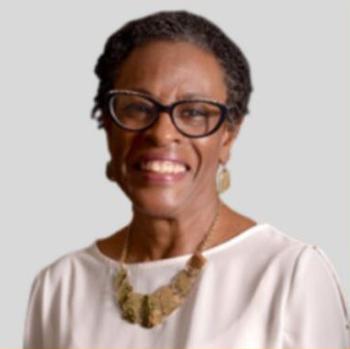
Julia M. Speller is professor emerita in American religion history and culture at Chicago Theological Seminary and a contributor to Afro-Christian Convention: The Fifth Stream of the United Church of Christ (2023).
Posts By This Author
What Is the ‘Fifth Stream’ of the United Church of Christ?
An African-rooted tradition claims its heritage in the UCC.
THIS JULY, THE United States turns 247 years old. Independence Day calls to mind a powerful narrative—our nation’s defiant break from the British Empire, explosive population growth and expansion, and ascent as a world power. Yet within this historical movement are rooted many other stories—large and small—that reflect who we really are as a nation. When we hold up a larger mirror, when we view ourselves more completely and take all these stories into account, then we recognize that “our” history is more than a collection of dates, events, and people prioritized by the powerful. History is a complex web of beliefs, practices, and interpretations that exist in the sacred movement of time and space as a spiraling mixture of who we are and who we are becoming.
Sharing a common understanding of history is complicated these days by new words in our lexicon like “fake news” and “alternative facts.” How do we know what to believe and what to reject? Isn’t “revisionist history” a bad thing?
In fact, many historians agree that allhistory is revisionist. Historical interpretation, by its very nature, changes with time and circumstance, requiring new views and fresh analyses. From one perspective, the revision of history in any form means to criticize the past and disrupt commonly held ideas and beliefs. Conversely, the introduction of new, validated, historical information broadens the scope of discourse and deepens its meaning in ways that bring clarity to the past and hope for the future.
